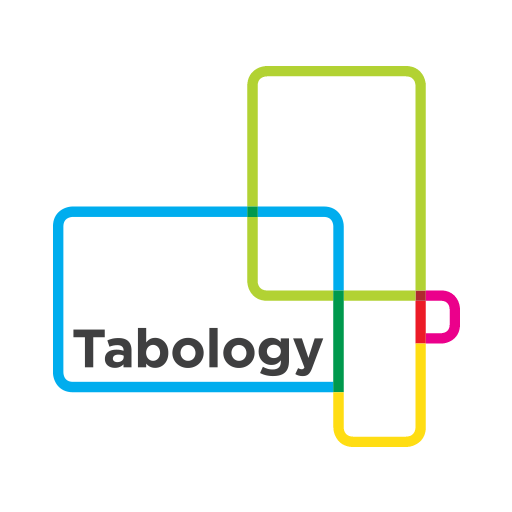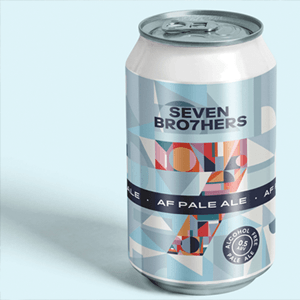Managing a multi-site EPOS transition
If you run a multi-site hospitality business, changing your EPOS system can be a daunting prospect. However, the right EPOS provider and a well-managed transition can smooth out the process. With the new generation of cloud EPOS solutions now offering so much more than older legacy systems it can also be a project that will yield an incredible return on investment.
Switching to a focussed hospitality EPOS system that can not only replace your old EPOS, but also your staff scheduling, stock management and booking systems for example, can actually simplify the transition as well as providing enormous long-term benefits.
In this article we look at some factors to consider to ensure a smooth transition to your new EPOS solution.
Planning
A well-planned transition from one system to another is essential to ensure a smooth start. Most multi-site businesses will start with a pilot in one venue making sure the system is a good fit before kicking off a phased switch over of the rest of the estate.
Make sure your chosen provider understands all of your requirements up front, particularly if your sites differ in terms of how they run or what they need. You don’t want to run into any sticking points part way through a roll out.
Data loading & multi-site management
Check if your proposed solution allows for central management of your menus across all sites EPOS systems, as well as any linked digital menus or food & drink ordering apps. Any transition and ongoing management will be made much easier if you can load your products once and select which sites each product is available in and what the price should be.
Check what assistance your supplier will offer in onboarding your sites. This could include loading your menus, running through set up options, checking set up etc. up to full project management of a multi-site rollout. You should ensure you have a dedicated point of contact to discuss any challenges or requirements throughout.

Training and installation
See what options you have in terms of installation and training for each site. Some businesses will want their EPOS company onsite for each install to get everything up and running and provide training to staff and managers. Others will prefer to get up and running themselves (which is perfectly possible with cloud-based systems) with remote training and support.
We have found that a combination of these two approaches can work well for some businesses. This is where installation and training are provided at the first site with key members of staff trained in both the system and installation so the subsequent roll out can be managed with in-house resources. If you are considering this approach just make sure your new EPOS system is straight forward to set up and use, and your provider is on-hand with responsive support when you need it (both should be the case if it’s a system worth switching to!)
This approach worked well for the Mojo bar group, who felt it got their team off on the right foot. Managing Director, Martin Greenhow commented that “Having PJ trained up to be able to install the systems and train the other managers gave us confidence we could manage our systems ourselves, while at the same time knowing that Tabology were there to assist if we needed them.”
Knowledge & Experience
Make sure your chosen EPOS provider has the knowledge & experience to manage a multi-site transition. Check reviews on websites such as trustpilot and ask to speak to other multi-site customers to get an understanding of their experiences.
Make sure your provider has expertise in your sector so they can advise on how the system is best used to address your key challenges.
Other systems
Make sure your new EPOS will run smoothly alongside any other operational or back-office systems. Any existing integrations with these will need to be considered as part of the transition.
If you use a business intelligence system, like Power BI for reporting & analytics, or a CRM platform, you’ll need to make sure your new EPOS can share data with it to ensure a smooth transition.
If you have a booking system, you may want it to integrate with your EPOS to send bookings and deposits. If you use a staff scheduling system you will likely want your EPOS to share sales data with it to get detailed forecast & actual wage percentages.
Our all-in-one EPOS solution even has the capability to replace some of these existing systems, which can simplify both the transition and your ongoing operation.
Support
A smooth switch over of an EPOS across a multi-site business takes team work and will be a collaborative effort between your team and your EPOS provider. Make sure your provider has the expertise to support your transition and make sure you have the right people available to you when you need them.





